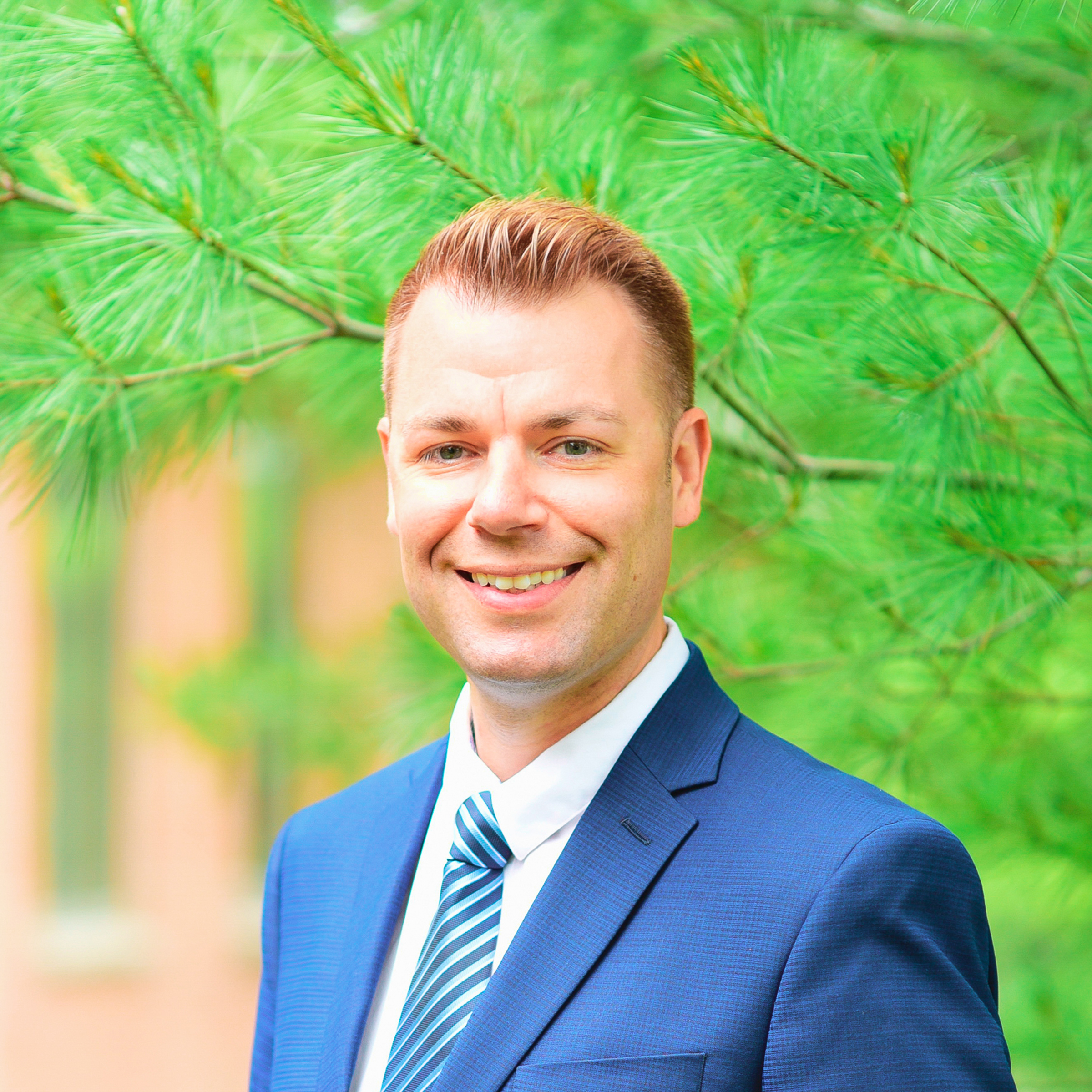
Ethics and Boundaries: Embracing the Gray in Post-Pandemic Practice
Pricing
Information
Recorded
-
-
Learning Objectives
Participants will be able to:
-
Identify the steps of an ethical decision-making model and its connection to the NASW and ACA Codes of Ethics, and prepare to apply them in everyday practice.
-
Identify three ways to maintain healthy boundaries with clients and colleagues.
-
Demonstrate how to apply two or more forms of intelligence when setting healthy boundaries and settling ethical disputes.
-
Define and explain concepts in the ‘Art of Listening in a Healing Way.'
-
Describe how to embrace the gray of personal decision-making when ethical dilemmas are presented.
Educational Goal
The educational goal of this workshop is to improve ethical decision-making in Post-Pandemic practice.
Description
Boundaries have been blurred, the landscape of our professional practices has encroached upon our personal lives, and the relationships with our clients and colleagues have changed. The pandemic asked much of us by way of flexibility and adaptation, much of it to best serve our clients, but at what cost? Is virtual practice blending into your home life? Do you feel like the clear and rigid boundaries you once had created to protect dual relationships have crumbled or blurred? Have colleagues gotten a glimpse into your world via the virtual space, perhaps sharing more than what seems comfortable? In this workshop, we will explore all the new gray areas in our practice and collegial spaces. Uniquely, participants in the session will provide examples of ethical dilemmas and walk through the challenges to learn how to best embrace or color the gray, to improve ethical decision-making. This workshop will reference both the NASW Code of Ethics and the ACA Code of Ethics.
Target Audience
- Counselor
- Marriage & Family Therapist
- Psychologist
- Social Worker
- Substance Use Disorder Professionals
Presenters

Dana Johnson has spent his career in social work practice and senior-level management in county human services (Wisconsin), as an educator in higher education and operating a consulting and professional development firm. His experience includes child welfare practice, policy, and reform, transformational organizational leadership culture change, supervision of teams, continuous quality improvement, medical social work, and dynamic equity, diversity, and inclusion efforts across micro, mezzo, and macro systems. His areas of expertise include leadership development, innovation, child welfare services and reform, ethics and boundaries, strategic planning, LGBTQIA2S+ history and efforts toward inclusion, and EDI.